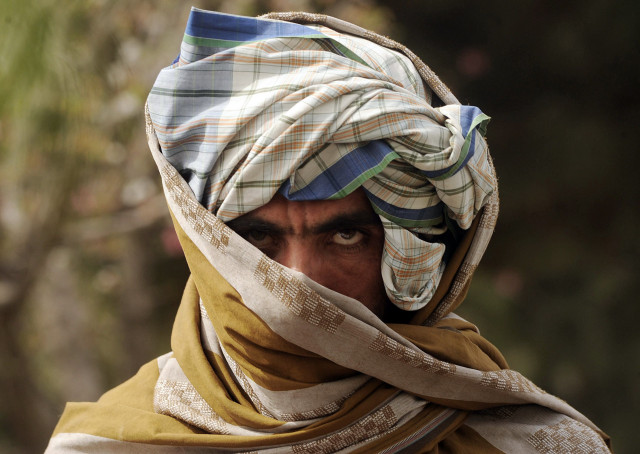Getting together in Brussels
Pakistan control neither the Afghan nor Pakistani Taliban and needs foreign assistance to fight them.

Getting together in Brussels
If there was news earlier that “Pakistan was reluctant to allow Pakistan-based Taliban leaders to join the reconciliation talks”, it was debunked by the US official after the meeting, who asserted that both sides were on the same page on the issue. The change in Pakistan’s rather aggressive stance, adopted earlier, was facilitated by Ms Khar’s own personality and her steady resistance to extreme articulations of Pakistan’s foreign policy at the height of the post-Salala dip in relations with the US. Pakistan’s Army Chief, General Ashfaq Parvez Kayani, was on hand in Brussels to signal the consensus of the centres of power in Pakistan behind the decision to cooperate in deciding the shape of things in Afghanistan after 2014.
Ms Khar had her eye on more important matters; that is, trade with the European Union, the second largest trade partner of Pakistan after the US. She met EU High Representative for Foreign Affairs and Security Policy Lady Catherine Ashton to reaffirm that the EU would stand resolved behind the concessions allowed to Pakistani exporters. Her diplomacy has delivered the commencement of the Pakistan-EU Strategic Dialogue and a five-year engagement plan that grants Autonomous Trade Preferences to Pakistan, with the prospect of institutionalising the new GSP+ scheme from January 1, 2014.

Pakistan should have learned its bitter lessons while facing up to crises in Afghanistan in recent years. It has intervened in the conflicts in Afghanistan from the point of national security, gained a position of advantage, only to fritter it away as the conflict wound down. The tendency to let the horse decide where the rider wants to go doomed Pakistan’s certain benefits from the proxy jihad. After the Soviet withdrawal, the jihadi militias simply could not handle the situation and plunged Afghanistan into civil war.
America as a superpower has been realistic, apologising to Pakistan when Islamabad was bristling with hurt honour and prepared to ditch realism in favour of national rage. The apology has enabled the US to go back to the five points stressed at a meeting between President Barack Obama and President Asif Ali Zardari in Chicago in May 2012: 1) enhance counterterrorism cooperation; 2) work together on Afghanistan, reopening the ground lines of communications; 3) focus on countering improvised explosive devices; and 4) move towards a relationship based more on trade and market access and not aid.
Unfortunately, the rhetoric in the media in Pakistan is: Pakistan is well endowed with resources; it doesn’t need US-EU assistance; it needs to say goodbye to the IMF and abandon the war against terrorism which means not fighting back when the Taliban attack. The truth which must be accepted is that Pakistan controls neither the Afghan nor the Pakistani Taliban and needs a lot of foreign assistance to strengthen its police force to fight them. Since parliament is the last place to discuss foreign policy — because of high emotion in populist response to the media hype — it must be conducted silently, keeping Pakistan’s economic interests above all other considerations. And it goes without saying that the economy will not be functional as long the Taliban challenge is not effectively met. Pakistan is lucky that for the first time, its military leadership is realistic enough to let this happen.
Published in The Express Tribune, December 5th, 2012.













COMMENTS
Comments are moderated and generally will be posted if they are on-topic and not abusive.
For more information, please see our Comments FAQ